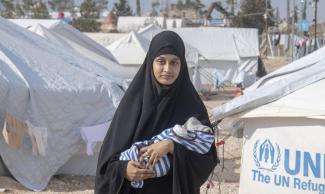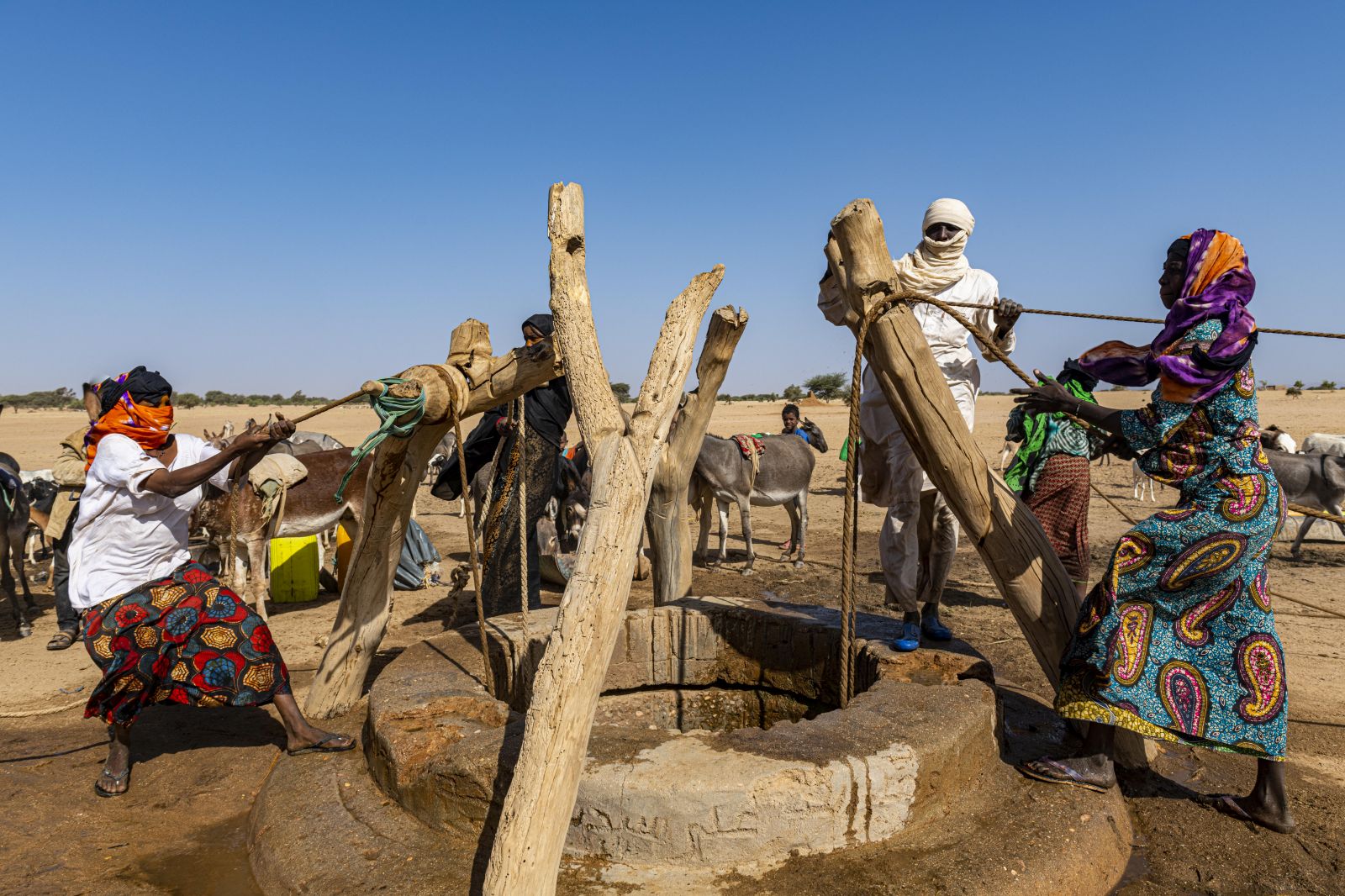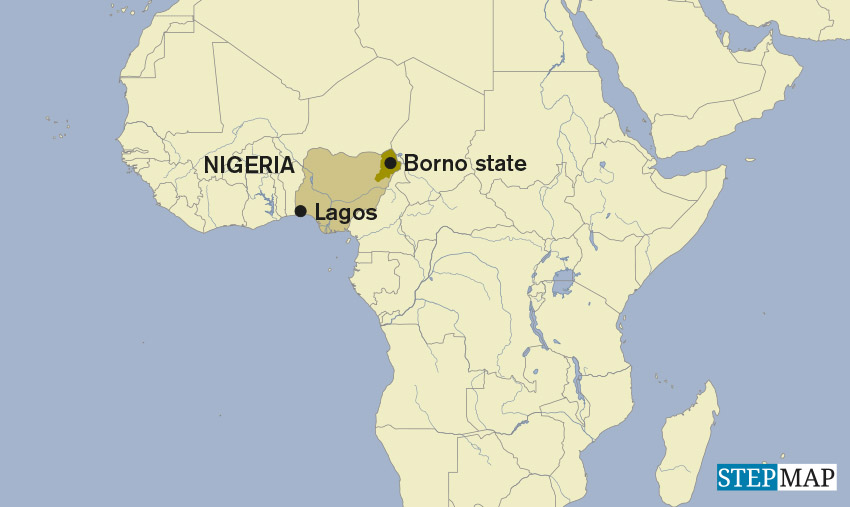Jihadists
Why women join the “holy war”

From a western mindset, it is difficult to understand why women give up their freedom to wear a full-body veil and submit to strict patriarchal rules. But it is precisely under the particularly strict regime of ISIS that the number of female recruits has risen sharply in recent years. So far, there have been few studies on the subject. With their book “Dschihadistinnen – Faszination Märtyrertod” (Jihadist women – the fascination to die a martyr’s death) the authors Hassan Abu Hanieh and Mohammad Abu Rumman fill the gap.
In fact, the active role of women in Islamist movements is quite a new phenomenon. Until the beginning of the century, the role of women was limited to that of bearing and educating children in the name of jihad and supporting the fighters. This, however, changed as ISIS grew stronger.
Compared to al-Qaida and other jihadist organisations, ISIS has better means of propaganda and recruitment, is much more present in social media and offers communication in more languages. With the capture of the cities Raqqa in Syria and Mosul in Iraq and the proclamation of the caliphate in 2014, hundreds of women from all over the world joined the terrorist militia.
While women are still hardly present in leading positions of ISIS, they play a much more active role than they used to by performing administrative and logistical tasks. Hanieh and Rumman stress that their role in ISIS communication should not be underestimated as this gives them the opportunity to influence the actions and development of the group.
However, the authors underline that female jihadists are by no means more feminist or secular than their male counterparts. They are just as strictly religious and subject themselves to archaic and patriarchal dogmas.
The second part of the book consists of case studies of about 50 women from North Africa, the Middle East, Saudi Arabia, Europe and the USA. As it is hard to find reliable sources on the topic, the study is mainly based on written and oral testimonies of the women themselves or of the people around them, but also on documents and court judgements. Therefore, the study is not representative. Nevertheless, the authors manage to give a clear picture of the different motivations of women – and thus provide important hints for preventative work.
The authors challenge the stereotypes of jihad brides or religiously brainwashed, uneducated, desperate or naïve women. On the contrary, it is not the uneducated destitute women who join ISIS. Most of them are academically educated and often well-off, as can be seen in the stories presented by Hanieh and Rumman. In nearly all cases, there is a turning point in the women’s lives that initiates them to leave their lives behind and join the armed conflict. Important factors are:
- the changing global political situation (e. g. the invasion of Iraq and Afghanistan or the Syrian conflict) and the often associated humiliation experienced by Muslim societies,
- the treatment of brothers, fathers and husbands in imprisonment and
- the loss of family members.
In conflict areas women not only suffer from war and misery, but also from feelings of revenge and injustice, as the authors state. In the west, Muslim women struggle with the question of self-definition and personal cultural values. The virtual world as well as social relations and mutual influence of other women play a distinctive role in their radicalisation. The authors conclude that it is both political and personal reasons that drive women to join ISIS. They explain how the jihadist organisation pretends to offer an allegedly “alternative political project” to the modern west as well as to Arab regimes.
Although – according to media reports – ISIS has lost strength and influence all over the world, the danger has not yet been overcome. The ideology lives on in the minds of women and men worldwide, and it can only be fought effectively if we tackle the problems that have led to this mindset.
Book
Hassan Abu Hanieh, Mohammad Abu Rumman, 2018: Dschihadistinnen – Faszination Märtyrertod (Jihadist women – the fascination to die a martyr’s death). Bonn, Dietz. (Also available in Arabic.)













